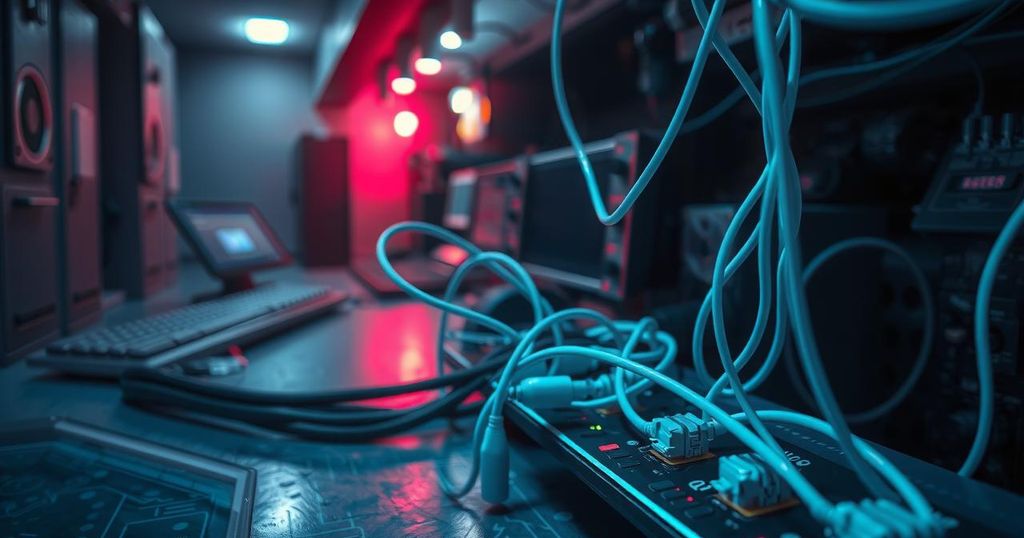South Sudan Enforces Social Media Ban Amid Growing Unrest

South Sudan has imposed a temporary ban on social media platforms amid escalating unrest following violent protests. The government aims to curtail the spread of sensitive content related to violence against South Sudanese nationals in neighboring Sudan. Journalists are resorting to VPNs to maintain communication, but the government has indicated the possibility of lifting the ban soon.
On January 22, 2023, the National Communication Authority of South Sudan ordered all internet service providers to block access to social media platforms for a duration ranging from 30 to 90 days. This action was taken to prevent the dissemination of videos depicting the killings of South Sudanese nationals in neighboring Sudan, which have incited violent protests in South Sudan, including reprisal attacks against Sudanese citizens. In response to the unrest, the authorities in Juba had previously implemented a dusk-to-dawn curfew starting January 17.
Following the directive, telecom companies Zain South Sudan and MTN South Sudan announced on their social media platforms that users would be unable to access TikTok and Facebook. Journalists and human rights defenders in the region reported that, although social media platforms were largely inaccessible, some individuals were utilizing virtual private networks (VPNs) to bypass these restrictions. Mariak Bol, the editor-in-chief of Hot in Juba, expressed uncertainty regarding whether the audience was receiving their news through VPNs.
During a press briefing on January 23, Napoleon Adok Gai, the director general of the National Communication Authority, suggested that the social media ban might be lifted within 72 hours. However, South Sudan’s information minister, Michael Makuei, refrained from commenting on the matter.
The Committee to Protect Journalists has called upon South Sudanese authorities to annul the social media ban, emphasizing the importance of accessible and reliable internet for news gathering during this period of unrest. These developments have raised concerns regarding press freedom and the flow of information in the region, especially during times of crisis.
The situation in South Sudan remains tense due to recent violence related to events in neighboring Sudan. The government’s decision to restrict social media access has alarmed journalists and human rights advocates, who view this as a broader concern for freedom of expression. The actions taken by the South Sudanese authorities highlight the critical intersection between governance, public safety, and media rights during times of social unrest. Regulatory authorities often impose internet shutdowns or social media bans in an attempt to control the narrative and quell dissent, which can severely impede the flow of vital information to the public. This incident illustrates the ongoing struggles for a free press and the challenges faced by media practitioners in regions affected by conflict.
The social media blockade in South Sudan raises significant concerns regarding freedom of expression and the right to information during critical times. As journalists adapt to circumvent these restrictions using VPNs, the urgency for transparent communication grows ever more essential. The international community and advocacy groups will likely continue to press for the lifting of this ban, spotlighting the need for accountability and respect for media rights.
Original Source: news.az







